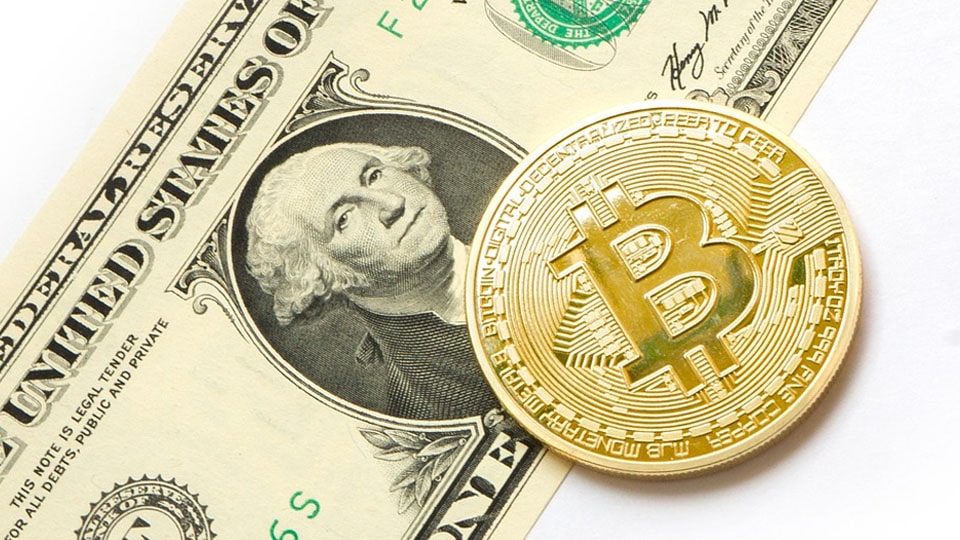Introduction
In recent years, the world has seen a significant increase in the use and adoption of Bitcoin. It has become one of the most popular digital currencies in the world, and its popularity is only growing. Bitcoin is decentralized, meaning that it is not controlled by any government or financial institution, making it a peer-to-peer electronic cash system. It is a digital asset that can be sent from one person to another without the need for intermediaries. Those were old days when investment education was not in reach of all! Check this out immediate-edge.software which will connect you to the best investment education firm in the market.
What is Bitcoin?
Bitcoin is a decentralized digital currency that operates without a central bank or single administrator. It was created in 2009 by an unknown person or group of people using the name Satoshi Nakamoto. Bitcoin transactions are verified by network nodes through cryptography and recorded in a public distributed ledger called a blockchain. Bitcoin has become widely accepted as a payment method and is now being used by millions of people all over the world.
The Advantages of Bitcoin
There are several advantages to using Bitcoin. One of the most significant advantages is that it is decentralized, meaning that it is not controlled by any government or financial institution. This means that users can send and receive money without the need for intermediaries. Transactions are also faster and cheaper than traditional payment methods. Bitcoin is also secure, with each transaction being recorded on a public ledger that cannot be altered.
The Future of Money
The future of money is changing rapidly, and Bitcoin is at the forefront of this change. It has the potential to revolutionize the way we think about money and the global economy. Bitcoin’s decentralized nature means that it is not subject to the same rules and regulations as traditional currencies. This could lead to greater financial freedom for individuals and businesses all over the world.
The Impact of Bitcoin on the Global Economy
Bitcoin has already had a significant impact on the global economy, and its influence is only growing. It has become a popular investment vehicle for people looking to diversify their portfolios. It has also been used as a hedge against inflation and a safe-haven asset during times of economic uncertainty. Bitcoin’s potential to disrupt the traditional financial system has also led to increased interest from governments and financial institutions.
Bitcoin’s Influence on Monetary Policy
Bitcoin’s Influence on Monetary Policy refers to how the decentralized digital currency can impact government and central bank policies for managing national currencies. Incorporating Bitcoin into monetary policies poses challenges, as it is not subject to the same economic forces as traditional currencies and is difficult to regulate. Bitcoin’s decentralized nature may make it a more stable and reliable store of value, and some experts believe it has the potential to transform the global economy. The role of Bitcoin in monetary policy is still evolving, and it remains to be seen how governments and central banks will incorporate it into their policies.
The Challenges of Bitcoin
While Bitcoin has many advantages, there are also several challenges that need to be addressed. One of the biggest challenges is the volatility of the currency. Bitcoin’s value can fluctuate significantly, making it difficult to use as a stable currency. There is also the issue of scalability, with the current infrastructure struggling to handle the growing number of transactions. Finally, there are concerns around security and regulation, with some governments and financial institutions expressing concern over the potential for Bitcoin to be used for illicit activities.
How is Bitcoin different from traditional currencies?
Bitcoin is different from traditional currencies in several ways. Firstly, it is decentralized, which means it is not controlled by any government or financial institution. Traditional currencies, on the other hand, are issued and controlled by central banks. Secondly, Bitcoin transactions are recorded on a public ledger called the blockchain, which is maintained by a network of users, rather than a central authority. This makes the transaction process faster, cheaper and more secure. Finally, the supply of Bitcoin is limited to 21 million, which means that it cannot be inflated or devalued by central authorities. Traditional currencies, however, are subject to inflation and can be manipulated by governments and central banks.
Conclusion
Bitcoin has the potential to revolutionize the way we think about money and the global economy. Its decentralized nature and fast, secure transactions make it an attractive alternative to traditional payment methods. However, there are also several challenges that need to be addressed before it can be widely adopted. Despite these challenges, the future of Bitcoin looks bright, and it will continue to play an important role in the future of money.
This post was published on December 8, 2023 7:17 pm


